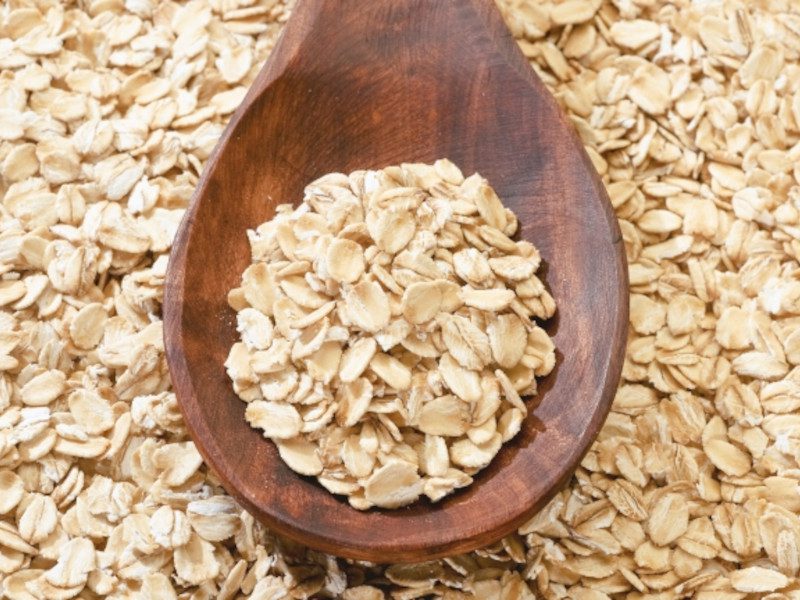CEPI’s extensive expertise in bulk-handling solutions supports bakeries worldwide in perfecting storage and fermentation processes, explains Riccardo Satta, Area Manager and food technologist
Flour experts
The production of bakery products is a very detailed and complex process that takes into consideration multiple factors from raw materials to technologies to production methods.
One of the ingredients that most influences bread making is certainly flour.
What determines the “structure” of a baked product is gluten, a compound obtained from the mutual influence of two proteins, gliadins and glutenin with water.
In chemistry, interactions between molecules are called non-covalent if they do not involve the sharing of electrons. In bread-making, during the preparation of the dough non-covalent bonds such as hydrogen, ionic, hydrophobic bonds are important for the aggregation of gliadins and glutenin and for creating the structure determining the physical properties of the dough.
Over time, any flour changes its rheological characteristics (that is, how the matter in flour flows), and the quality can improve or worsen based on the time and storage conditions: this phase is called “flour maturation”.
Some of the phenomena underlying this rheological transformation reside in the structural change of proteins thanks to the action of oxygen and oxidase. These biochemical modifications lead to the transformation of the terminal thiol -SH groups into -S-S- disulphide bridges, increasing the inter- and intramolecular interactions between proteins, giving rise to a “folded” structure of the insoluble protein part. If stored properly, flour becomes “stronger” over time. It is therefore clear that the oxygenation of the flour is a key point for its maturation.
Hence the idea of blowing air into the silo and at the same time using the fluidised bed system to also do the flour dosing. The combination of the fluidised bed with the fabric silos creates a perfect combination between the oxygenation of the flour and the exchange with the ambient air.
Installations for all types of bread
CEPI has developed installations for all types of bread. From hard dough bread to soft dough bread, to yeast bread, sourdough bread, leavened bread, white bread, rye or wheat bread, corn bread, soda bread and flatbreads such as piadina and pitas, we provide solutions, and the food expertise needed to best handle ingredients and processes. One of the main factors we consider when designing installations is the preservation of food properties and flavour, an outlook that is built in the design of both our technologies and their automation.
Our installations are used globally with very different customers and end products. CEPI brings to the table a universal knowledge of food and markets built through four decades of experience working internationally, and a network of local agents with highly specific knowledge of local processes and markets.
Depending on their needs, each food manufacturer will have their pick of storing and dosing solutions. Flour can be stored indoor or outdoor, in Trevira fabric or stainless-steel silos suitable for big, medium and small production volumes. Our solutions are hygienic, safe, and suitable for any flour and materials such as quinoa, teff, amaranth, powdered milk and fibres which are frequently involved in bio productions.
We put the utmost care in protecting flour by only using suitable top-quality materials and designing solutions that are easy to clean, with multiple filtering and sifting systems to enhance food security. They can be fitted with technologies such as double-jacketing or dehumidification for hygroscopic products. We perform a study of room temperature and humidity and provide our customers with instructions for the correct maintenance of their working environments.
Our welding technique prevents pollution and contamination in stainless steel equipment and our fabric silos employ antistatic HT Trevira fabric, with patented technology to ensure equipotentiality. We provide heat treatment to sanitise our outdoor silos, which keeps microbiological and fungal levels low and has zero environmental impact.
Our storing equipment is suitable for any flour (including rye flour, common wheat flour, durum wheat flour, gluten free flour, whole-wheat flour, oat flour, spelt flour, maize flour, rice flour, barley flour, millet flour, teff flour, amaranth flour, quinoa flour, buckwheat flour, bean flour, pea flour, lupin flour) and materials such as quinoa, teff, amaranth, powdered milk and fibres which are frequently involved in gluten free and bio productions.
Read more latest industry news and developments in our free to download magazine.
Never miss a story… Follow us on:
International Bakery
@int_bakery
@Bakeryint
Media contact
Joseph Clarke
Editor, International Bakery
Tel: +44 (0) 1622 823 920
Email: editor@in-bakery.com






